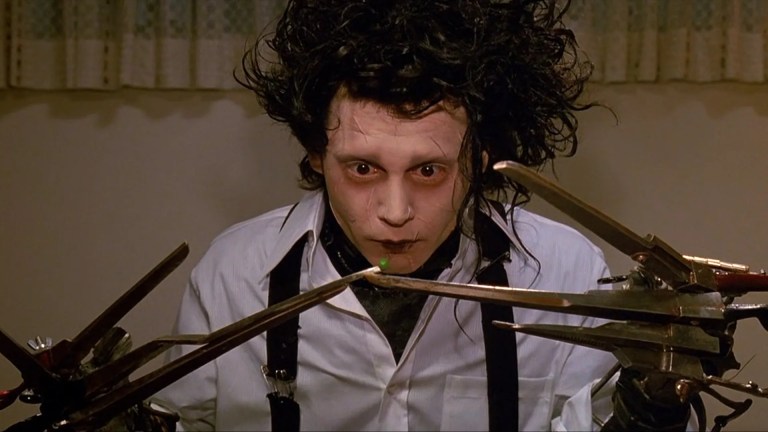
There Are 3 Types Of Losses In Our Lives, And Each Teaches Us Something Different
There are ultimately three different types of loss that we experience in our lives, and each is meant to teach us something about ourselves.
For as many things as we grow into and gain in life, in equal proportion, we lose, outgrow, and gravitate away from others.
But we don’t respond to every loss in the same way. There’s a reason why we are so absolutely devastated in the face of some breakups, but neutral if not grateful for others. There’s a deep psychological current running beneath the surface of these events in our lives, one that we often aren’t conscious of.
There are ultimately three different types of loss that we experience in our lives, and each is meant to teach us something about ourselves.
Heartbreak
Heartbreak is when someone we love doesn’t meet our expectations. It’s when feelings are not reciprocated, or when someone we care about can no longer be in our lives. Heartbreak makes us feel vulnerable. The “ache” isn’t actually that someone has hurt us, rather that we constrict our hearts and want to close off to connection in order to keep ourselves safe.
Heartbreak is painful, but it doesn’t make us suffer. Heartbreak is when we get ghosted, when we have a casual boyfriend or girlfriend who moves on. It’s when we lose a family member but feel grateful that they are at peace. Though it stings, heartbreak is not an inherently unhealthy thing. It is a natural response to loss. Heartbreak actually teaches us what it means to love, and makes us appreciate what it means to have someone in our lives, because we are now aware of how easy it is to lose them.
Attachment
Unlike heartbreak, the loss of an attachment is when someone we relied on for some fundamental stability or sense of self leaves. It is easy to confuse this for love, but the difference is that when we lose an attachment, we are devastated to the point of feeling unable to function, which usually serves as the catalyst for some kind of radical or sudden self-growth, development, or life change.
When we lose someone we are attached to, we go through a radical process of disintegration, and often experience a drastic shift in our idea of who we are, what we believe, and where we stand in the world. The pain of losing an attachment is actually confronting the fear that we were dealing with before we got attached to the person who is no longer there. That fear usually has to do with feeling unstable, uncertain, or unclear about our future.
Attachment ultimately teaches us who we really are, because in the process of trying to keep the relationship intact, we sacrifice a lot of our own values and sense of self. The extreme pain of a loss of attachment is not the actual loss of the person as it is the loss of what we thought our future would be.
Detachment
Lastly, detachment is what happens when we willingly let go of someone because we recognize that they aren’t good for us, even if it means that we hurt ourselves a bit in the process. Detachment comes from real self-awareness and personal evolution. It’s when we no longer cling onto what’s not serving us just because we are scared.
Detachment can often create heartbreak or the feelings that come with a loss of attachment, but the difference is that this is a separation we initiate because we have enough clarity to realize that the relationship isn’t actually good for us. On the other hand, heartbreak and attachment are often the result of being left or abandoned, even if we already know that the relationship isn’t working out. Detachment is a sign of maturity, the prioritization of our future selves and our long-term well being.
Detachment teaches us how to love ourselves first. It teaches us how to be resilient. It is a sign that our goal in life is no longer just to remain comfortable. It is the greatest display of self-love. Detaching from a relationship when we know it isn’t right is a sign that we no longer rely on others for our sense of stability and self, and it is often the first sign that we are more mentally strong and emotionally free than ever before. ![]()











